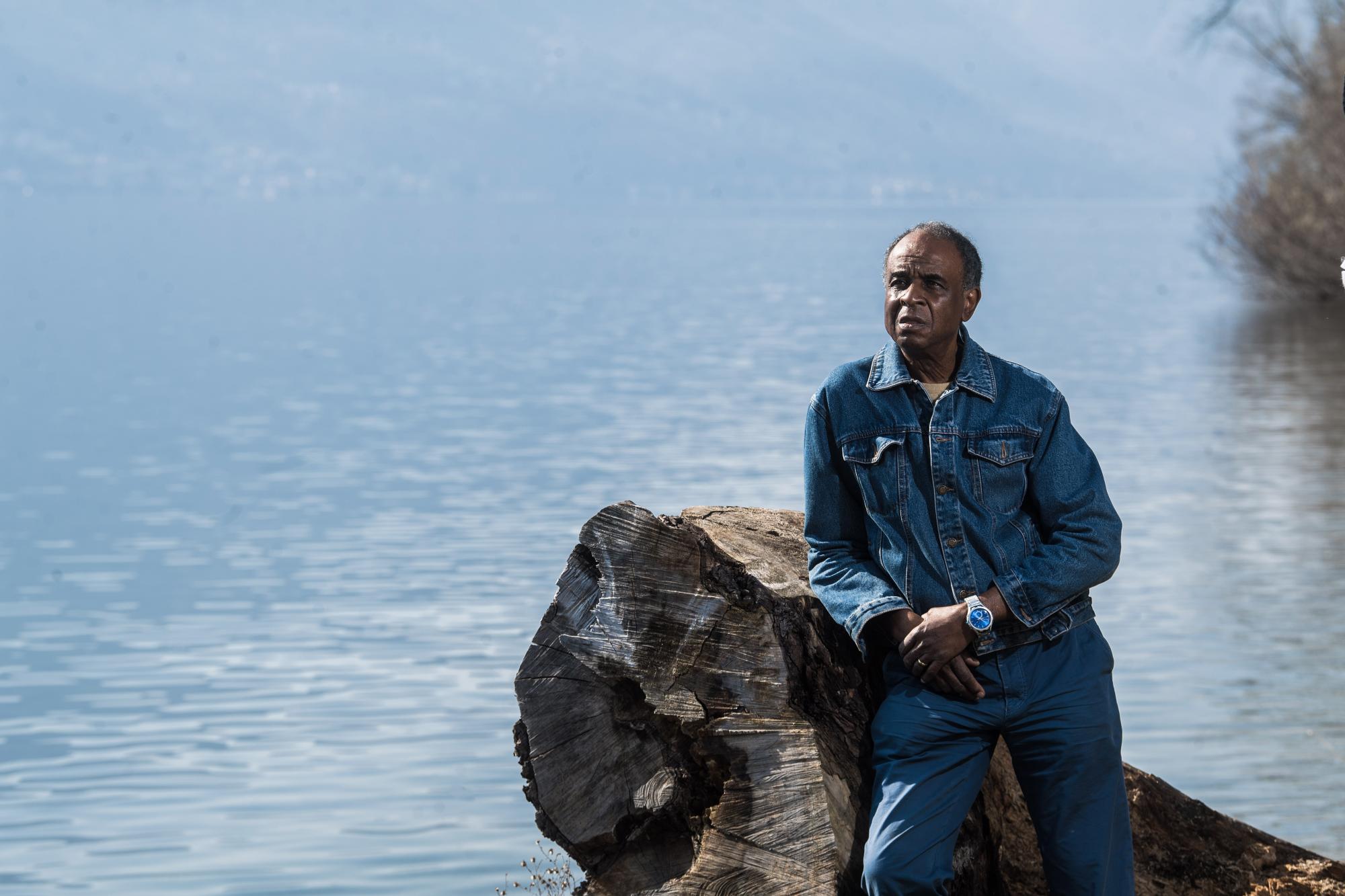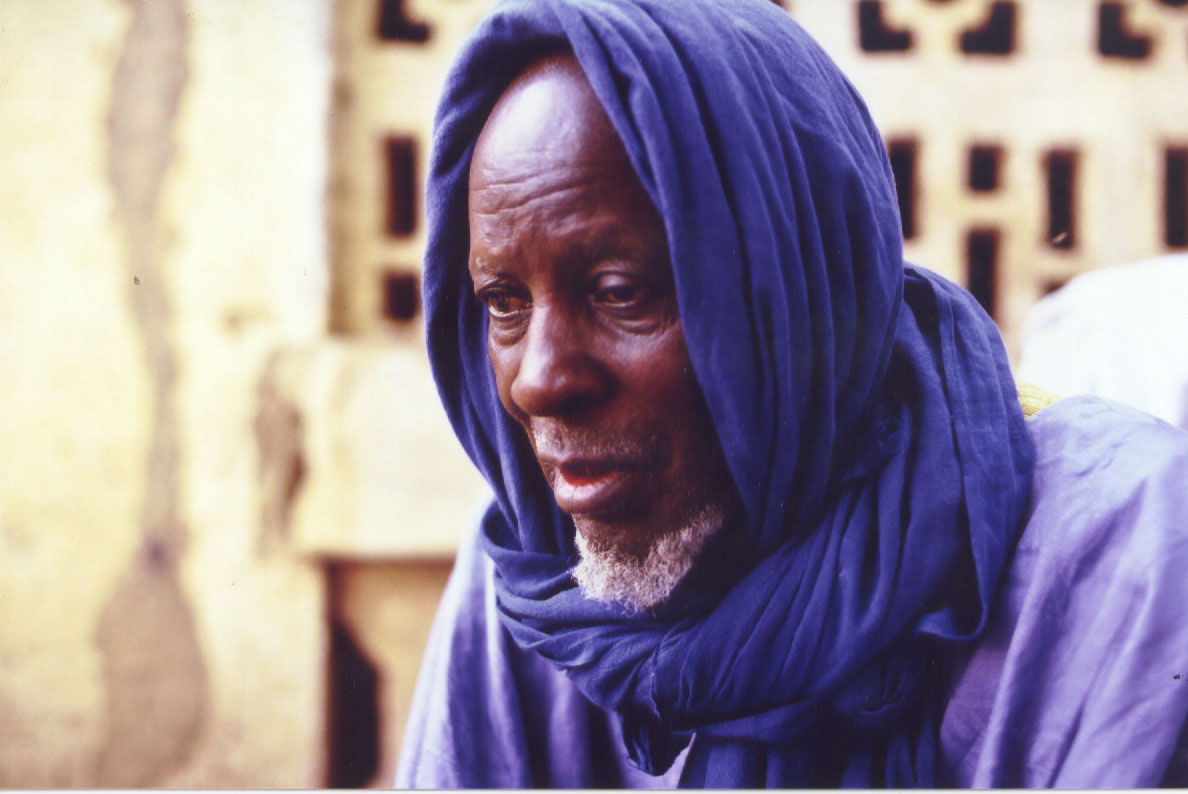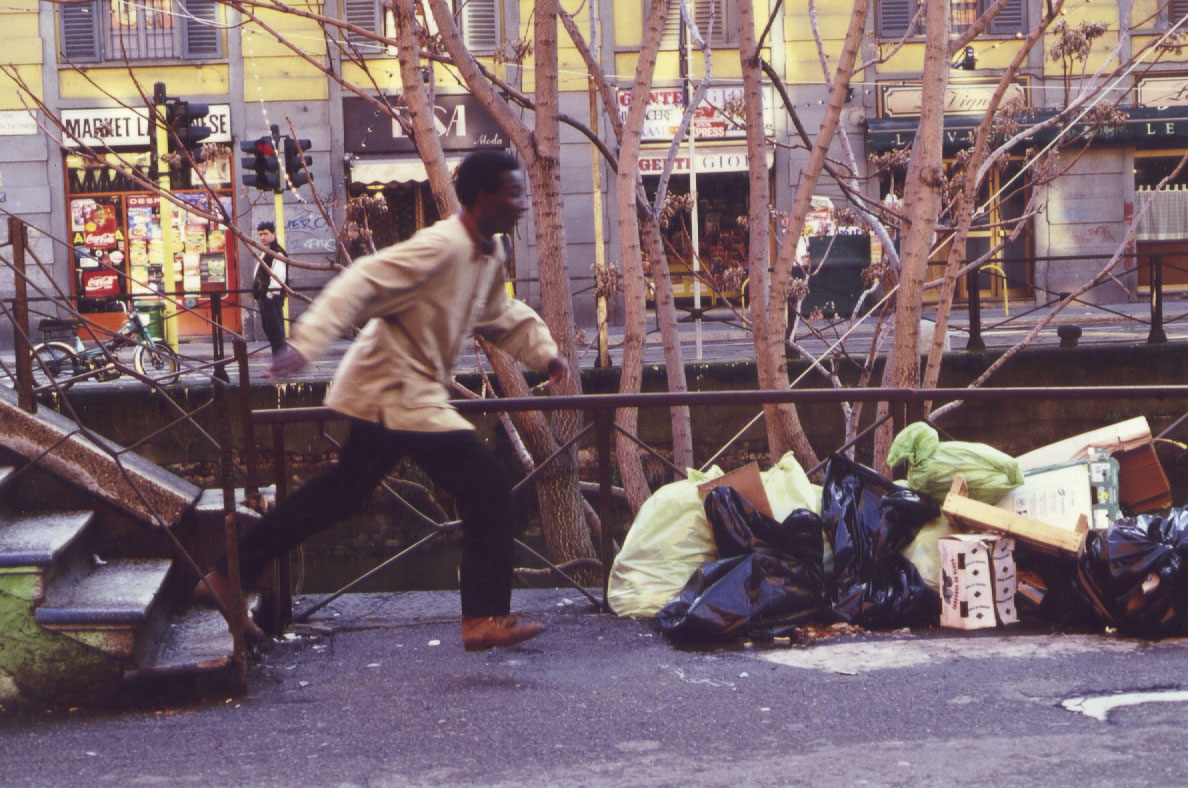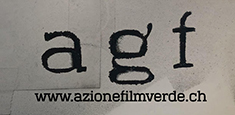Mohammed Soudani and the art of telling the authenticity of distant worlds
On 9 August on the Piazza Grande, the director will be awarded the Premio Cinema Ticino.To mark the occasion, the Locarno Film Festival will be showing the premiere of the digitally restored version of 'Waalo Fendo' - We talk to close collaborator Giorgio Garini and Swiss Film Archive director Frédéric Maire about the film and its creator

His eye is attentive to what the camera sees, and his sensitivity and experience allow him to authentically portray worlds that are geographically distant from each other. Mohammed Soudani is the winner of the Premio Cinema Ticino, the award given every two years to individuals or companies from our region who have distinguished themselves in the field of cinema, which will be presented to him on the Piazza Grande on Wednesday, 9 August at 21:30, as part of the 76th Locarno Film Festival. Dani, as all his friends call him, was born in Algeria in 1949 but found in Ticino a land of adoption. He arrived in Locarno in the early 1970s, first as a footballer, and then came to the cinema via the Institut des Hautes Etudes Cinematographiques in Paris and then the United States, training as a director of photography and finally making a name for himself as a director, and not only in Ticino. At the Festival in fact, on Thursday, 10 August at 16:45 at the Kursaal Theatre, the public will be able to rediscover, in a version restored in 4k by the Cinémateque Suisse, what is perhaps Mohammed Soudani's most personal film, "Waalo Fendo (Là où la terre gèle)", his debut in fiction feature films, winner in 1998 of the first edition of the Swiss Film Prize (ex aequo with "Das Schweigen der Männer" by Clemens Klopfenstein).
"For me, 'Waalo Fendo' is one of the most beautiful films on the theme of emigration," says Frédéric Maire, director of Cineteca svizzera (Swiss Film Archive). "It tells of people who come north, where the earth freezes over, as the subtitle says, looking for work, trying to survive. It tells not only why these people undertake difficult journeys to go and work where they are treated like slaves, but also of all that those who emigrate go through, with the nostalgia of family ties, the loss of an ancestral culture, the difficult integration in a foreign country, often seen by those who leave as a world full of contradictions and cruelty. What is fascinating about this film is precisely its having a dimension of documentary fiction, totally integrated in a very tough reality, and thus being able to render the feeling of what is the fate of an immigrant'.
This dimension of the film is also underlined by those who worked side by side with Mohammed Soudani on 'Waalo Fendo'. "In my opinion, it is his freest and most independent film, born out of his own need, shot with few means but with the utmost seriousness, commitment and rigour. It came out a very human and very true work and this is why, I think, it was so appreciated'. The opinion of Giorgio Garini, a true cinematic brother to Mohammed Soudani. Garini, known among other things for being Silvio Soldini's historic assistant director, has a profound friendship and an equally deep professional relationship with Dani, which began in the mid-1990s. Since then, he has collaborated on many of Mohammed Soudani's works, such as "Oro Verde", "Roulette", "Lionel", "Taxiphone", shot in the Algerian desert, or the more recent documentary "L'Afrique des Femmes" as well as, of course, on "Waalo Fendo", where he was not only assistant director but also editor.
“We shot it first in Milan,' recalls Garini, 'between November and December 1996. After that we moved to Senegal, between Dakar and a village in the far north of the country, Matam. It was the home village of Saidou Moussa Ba, co-author of the screenplay with Dani, as well as one of the two protagonists, both non-actors. This revival of the cine-verité of yesteryear, working in a certain way with characters who have a script and dialogue but who are not played by actors, is precisely one of the characteristics of 'Waalo Fendo'. For example, I remember a very powerful scene, shot at the Central Station, one of the film's Milanese locations along with the Giambellino district and the Navigli. It was a sequence shot with a hand-held camera, left in the film almost in its entirety. We did not use extras or block roads. So there was a background of total truth, a documentary look in a cinema that was, however, pure fiction”.
“On set,” Garini points out, referring not only to 'Waalo Fendo', “Dani is totally quiet. He listens to the crew. He may look like a joker but he is always very attentive to everything, especially the photography since that’s where he comes from. Beneath the joking facade he is always very serious about his work. He is someone who has perfectly clear ideas about what has to be done and who trusts his closest collaborators very much. An attitude that guarantees a great atmosphere on set”.
If these are some of the distinctive traits of Mohammed Soudani's filmmaking, central to all his cinematography was the contribution of his wife, Tiziana Soudani, tireless producer and founder of Amka Films, a production company also awarded the Premio Cinema Ticino ten years ago. An important personality in the Ticino and Swiss cinema scene who unfortunately passed away in 2020. “To say that Tiziana was fundamental,” Giorgio Garini recalls, “is perhaps much too little. She was the engine, she was the one who never gave up until she could find the funds to produce, to realise projects. They were truly one, the two of them, a total duo. At the same time, their professional relationship was very clear, Tiziana did not get involved in the artistic side of Dani's films and she produced many other works, not only her husband's. Even for 'Waalo Fendo' she supported us a lot”.
“Once shooting was finished,” Garini concludes, returning to the film, “editing began. I went to Dani and Tiziana's house in the Locarno region, where they had a real film camera at the time. We locked ourselves in there and the work lasted several months. I have many fond memories of 'Waalo Fendo', such as the New Year's Eve we spent in Senegal, in Dakar, amidst impressive bangs and fireworks, a sea of people in the streets and a joyful atmosphere. And I also remember when Dani received the news that he had won the Swiss Film Award. We were back in Africa, in the Ivory Coast where he was director of photography and I was first assistant director on the set of 'Adanggaman' by Roger Gnoan M'Bala, and produced by Tiziana. It was she who called to inform him. Dani didn't expect it at all, "Waalo Fendo" being a low budget, combat-ready film let's say - laughs Garini. He was overjoyed. He picked up and went back to Switzerland, a touch and go to collect the award and then immediately went back to work in Africa. Showing us the award!".
Now 'Waalo Fendo' returns in a digitised version, and just as a film is linked to a thousand anecdotes of its making, there are stories to be told about the restoration. First of all, the operation is linked to the preservation of the archives of several Ticino production companies at the Swiss Film Archive, "a movement," explains Frédéric Maire, "that has been underway for a couple of years, in which the Ticino Film Commission has played an important role, giving a decisive impetus. Among the archives that came to us was that of Amka. We have a mandate from the federal government to digitise all the films that have won the Swiss Film Prize, and we thought, in the case of 'Waalo Fendo', that the original was in Amka's archives in Savosa. But when we emptied them, the film did not turn up. However, this work of transferring the archives allowed us to find the documents through which we were able to trace the original elements of the film, which had remained in a laboratory in France. We were thus able to recover all the 16mm image and sound negatives, brought them to Switzerland and were then able to digitise them in 4K, with our supervision and the financial support of the Federal Office of Culture. For me, it’s a film that still has immense value and I hope that having it digitised will give it a new career. Not least because, the problems described in 'Waalo Fendo' have not only not been resolved but remain more relevant than ever.
FC







